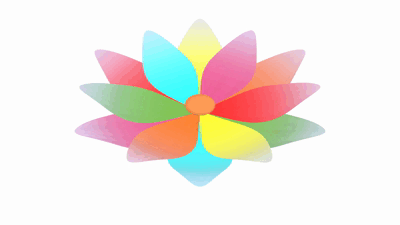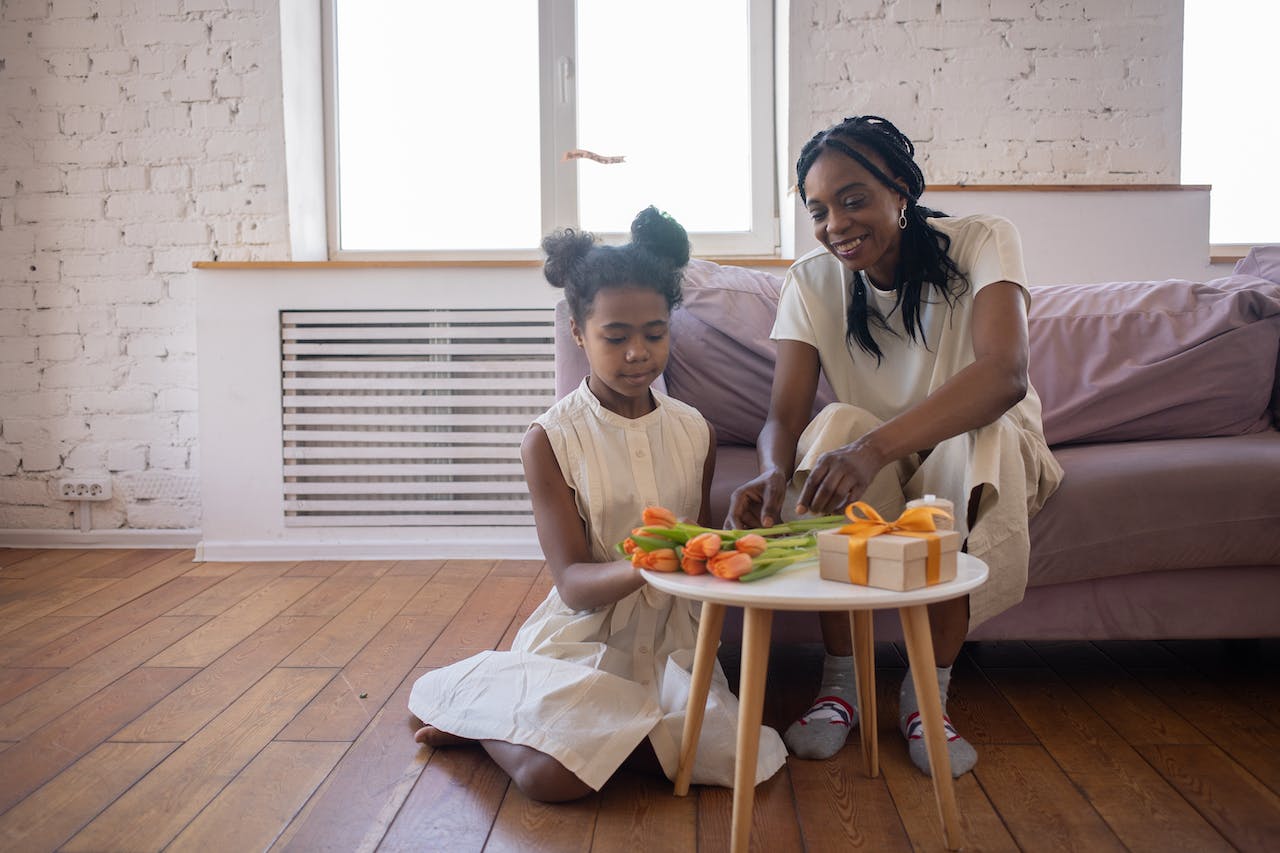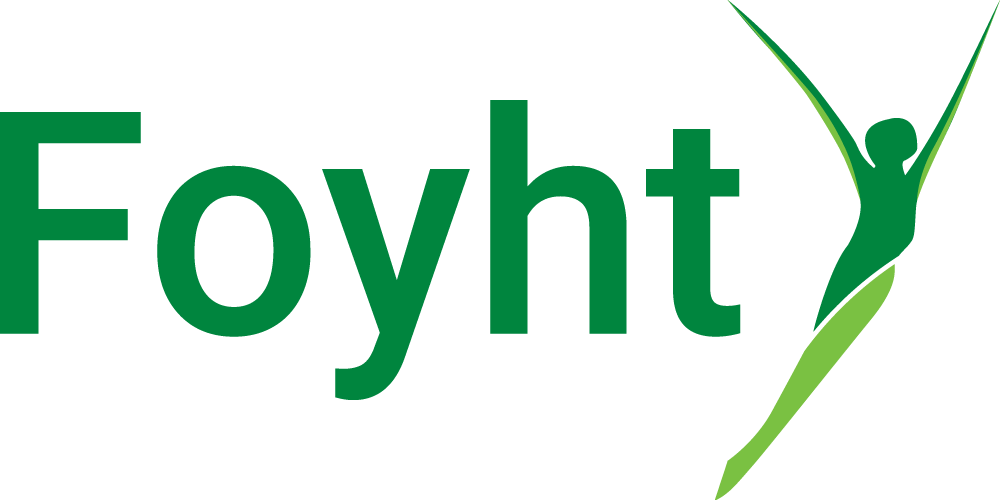Yes there are some amazing upsides of doing nothing with your children and teens!

The best way to truly connect with the internal world of your child/teen is to “just” sit there with them…
One of the most frequent questions I get asked by parents is how to truly connect with their children and teens. Often we might think that we have to DO something with them – some activity, or excursion or exciting adventure.
Research shows that when we sit with our children and teens – make eye contact, give them a hug, hold their hand… just be with them – we actually connect with the right side (hemisphere) of their brains – which is where the internal mind sits.
Sitting with your child/teen enables him/her to feel secure enough to examine their internal world – and also allows them the permission/space to acknowledge those vulnerable parts of themselves that need attending to.
So, next time you think your child/teen needs some true connection with you – make some time to sit a while. You can do something relaxing like a drawing, colouring, puzzle, lego… if that helps you both – but remember your presence (focused attention, eye gaze, touch) is THE magic ingredient.
If you want to find out more – watch this excerpt on YouTube of a talk by Dan Siegel (https://www.youtube.com/watch?v=PGUEDtGSwW4).
Main – Photo by EKATERINA BOLOVTSOVA





